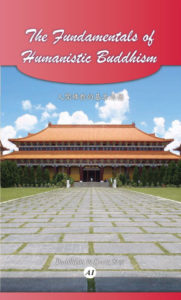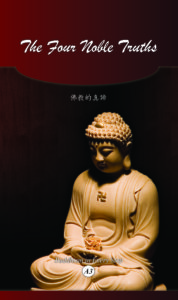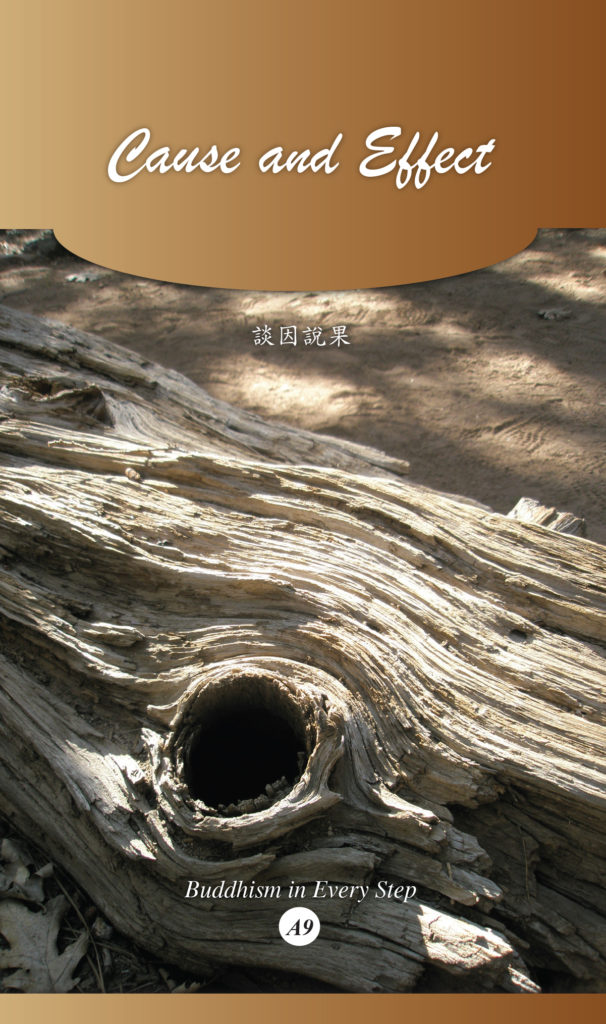Related Articles
Sages from all religions who serve the multitudes without any monetary reward or recognition are volunteers of human society. An ancient sage once said: “Before one can become a prominent figure in Buddhist circles, one has to be a horse and an ox for all sentient beings.” Another said: “Before Read more
Some people may think it is strange that in this scientifically enlightened century anyone would want to talk about ghosts. In the past, even sages avoided the subject of the supernatural if they could. Confucius never spoke about ghosts. At the mere mention of ghosts, frightful images instantly arise in Read more
In the past, during the feudal period of Chinese history, men were respected while women were thought of as being rather contemptible. The birth of a son was compared to fashioning an ornament as precious as jade, which not only made everyone happy, but also raised the status of his Read more
The occurrence of a disease is closely related to one’s mental health, physical health, spiritual health, behavior, habits, living environment, and even the society and culture in which one lives. Harmonizing all of these elements and engaging in specific practices can help to bring about optimum health and prevent illness. Read more
People suffer from a variety of diseases of the mind, such as being greedy, judgmental, or quick to anger. The Great Perfection of Wisdom Sutra says, “There are four kinds of diseases of the body, which are due to excessive wind, heat, phlegm, or other causes. There are also four Read more
© 2024 Fo Guang Shan International Translation Center
Protected by copyright under the terms of the International Copyright Union; all rights reserved.
















